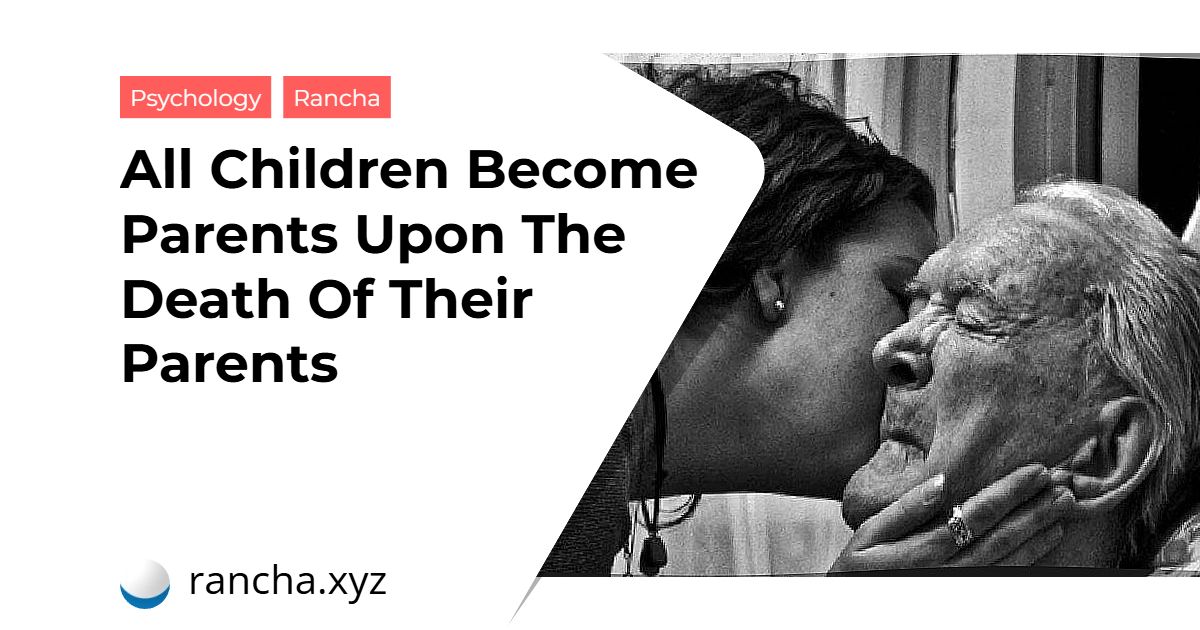Currently, and by the law of life, our parents reach or will reach very advanced ages. This implies a deterioration that requires the protection and care of the elderly that requires affection and special contemplation.
That’s why we say that we all become parents to our parents when the time of their death comes. Because we have to hug them, feed them, caress them with the words of our soul and with our care. We become the cane of their soul when we remember through our affection the care they gave us for a lifetime.
It is common to see old age and the last stage of life in a negative way. However, there are several reasons that help us to think that it is a beautiful stage and, moreover, essential to deal with grief.
Sharing this moment with our parents or grandparents means sharing a need for affection that, in some way, also symbolizes the beginning of a goodbye. It means sustaining something that made us grow and gave us life with the same strength with which it says goodbye.
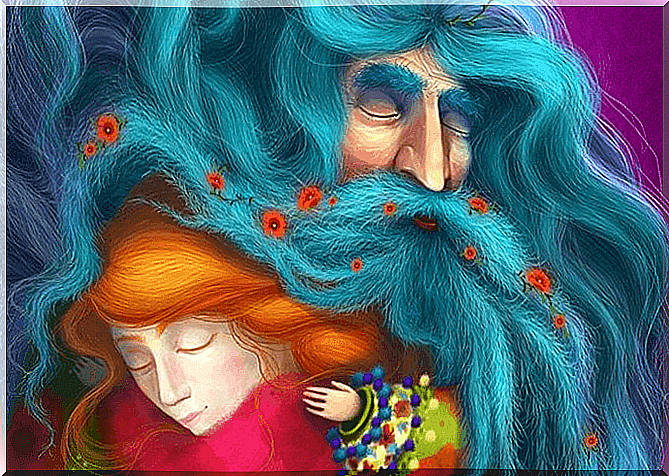
“When I’m Older”: The Message of Elderly Parents
When at some point I lose the memory or the thread of our conversation, give me the necessary time to remember. When I can’t eat alone, can’t control my sphincter, or isn’t able to get up, help me patiently.
Don’t despair that I’m older and in pain. Do not be ashamed of me. Help me out on the street, breathe fresh air, gaze at the sunlight. Don’t get impatient because I walk slowly, don’t be exasperated if I scream, cry, or “bored” with past or present battles.
Remember the time I spent teaching you to do what I now need you to teach me. I have a new mission in the family, so I ask you not to waste the opportunity given to us. Love me when I get old because I’m still me, even combing silver in my hair.
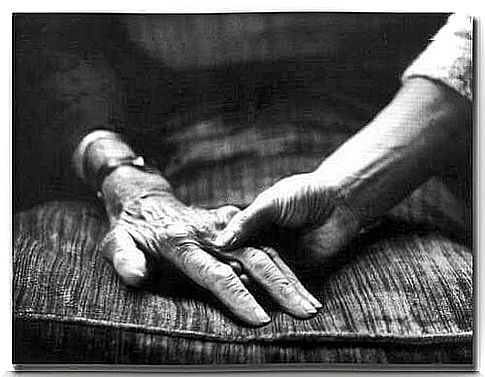
the last goodbye to life
To reflect on the role of children in their parents’ old age, Fabricio Carpinejar presented us with a wonderful text that can give us light in a stage that is not always illuminated. It’s hard to feel good, because we must not forget that old age implies a farewell to the life that taught us to talk, to grow, to pick up a spoon and to walk.
“There is a break in family history, where ages accumulate and overlap and the natural order is meaningless: it is when the child becomes the father of his father.
That’s when the father gets older and starts trotting like he’s in the fog. Slow, slow, imprecise. That’s when a parent who took you hard by the hand when you were little doesn’t want to be alone anymore. That’s when the father, once firm and insurmountable, weakens and takes two breaths before rising from his seat.
That’s when the father, who in other times had given orders and given orders, today he just sighs, just moans, and looks for the door and window that now seem so far away. It’s when one of the parents, previously well disposed and hardworking, fails to put on his own clothes and doesn’t remember his medicine.
And we, as children, will do nothing but accept that we are responsible for this life. That life that gave us life now depends on us to die in peace.
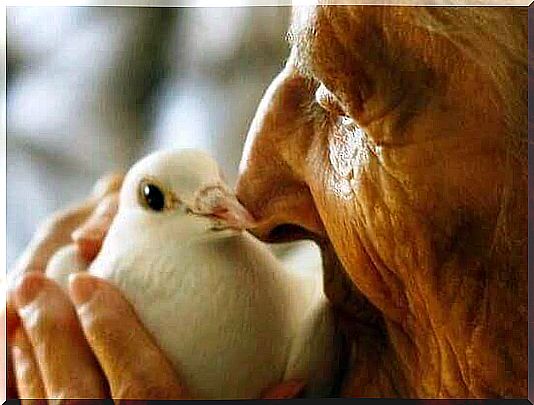
Every child is the father of his father’s death. Perhaps the old age of the father and mother is curiously the last pregnancy. Our last teaching. An opportunity to repay the care and love we’ve been given for decades.
And just as we adapted our home to take care of our babies, blocking power outlets and putting up playpen, we will now change the distribution of furniture for our parents. The first transformation takes place in the bathroom. We will be the parents of our parents who will now put grab bars in the shower.
The bar is emblematic. The slash is symbolic. Because the shower, simple and refreshing, is now a storm for the old feet of our protectors. We cannot leave them alone for a moment. The home of those who take care of their parents will have handrails on the walls. And our arms will extend in the form of parapets.
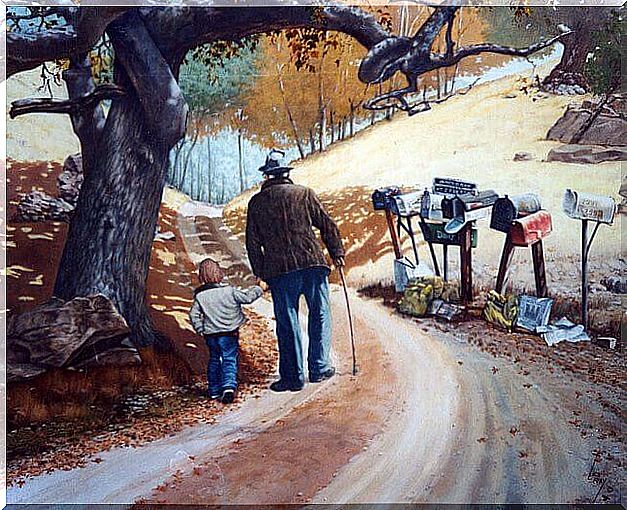
We will observe every detail with fear and ignorance, with doubt and concern. We will be frustrated architects, designers, engineers. How could we not foresee that our parents would get sick and need us? We mourn the sofas, the statues and the spiral stairs. We will regret all the obstacles and the mat.
Happy is the son who is the father of his father before his death! And poor son who only shows up at the funeral and doesn’t say goodbye a little every day.
My friend Joe accompanied his father until the last few minutes. At the hospital, the nurse was maneuvering to move him from the bed to the gurney, trying to change the sheets when Joe yelled from his seat: Let me help you.
He joined forces and took his father in his arms for the first time. He put his father’s face against his chest. He placed his father, consumed by cancer, on his shoulders: small, wrinkled, fragile, trembling.
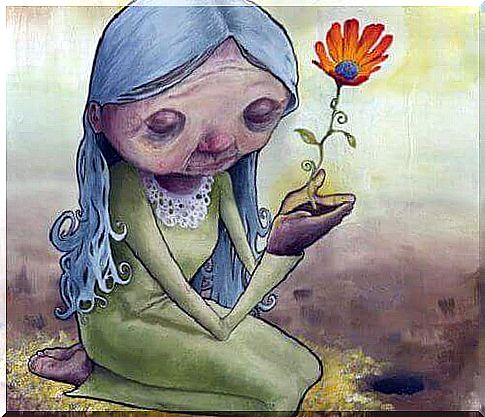
She held him for a long time, a time equivalent to her childhood, a time equivalent to her adolescence, a long time, an endless time. Nuzzling your father back and forth. Caressing your father, soothing your father. And he said in a low voice: I’m here, I’m here, Daddy! What a father wants to hear at the end of his life is for his son to say he is there.”
While caring for our parents can be exhausting, we must not forget that this sadness and tiredness are part of the grief we have to deal with. They are part of the farewell, the farewell part of our own soul, of our childhood.
 rancha.xyz Be free to choose their own route to self-knowledge, health and balance of body and soul.
rancha.xyz Be free to choose their own route to self-knowledge, health and balance of body and soul.
